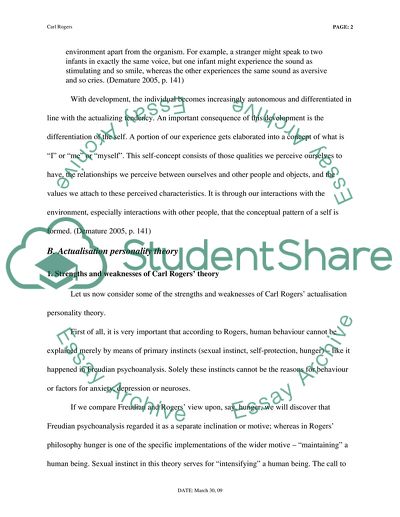Cite this document
(Carl Rogers Self-Actualization Personality Theory Research Paper, n.d.)
Carl Rogers Self-Actualization Personality Theory Research Paper. Retrieved from https://studentshare.org/psychology/1722227-carl-rogers-self-actualization-personality-theory-psychology
Carl Rogers Self-Actualization Personality Theory Research Paper. Retrieved from https://studentshare.org/psychology/1722227-carl-rogers-self-actualization-personality-theory-psychology
(Carl Rogers Self-Actualization Personality Theory Research Paper)
Carl Rogers Self-Actualization Personality Theory Research Paper. https://studentshare.org/psychology/1722227-carl-rogers-self-actualization-personality-theory-psychology.
Carl Rogers Self-Actualization Personality Theory Research Paper. https://studentshare.org/psychology/1722227-carl-rogers-self-actualization-personality-theory-psychology.
“Carl Rogers Self-Actualization Personality Theory Research Paper”, n.d. https://studentshare.org/psychology/1722227-carl-rogers-self-actualization-personality-theory-psychology.


